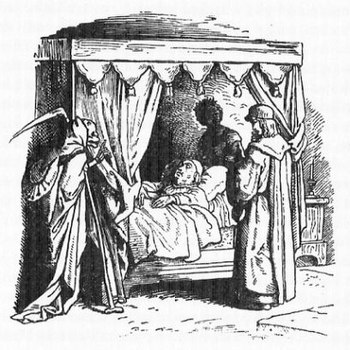Here's
the link, and here's a quote.
Coming from a British tabloid I was barred from virtually every interview by Hollywood publicists.
After the fifth rejection (it was with an actor so wooden he probably now plays a bench in an LA park) I pinned a PR man against a wall and demanded to know what was going on.
“You Brits always go for the jugular and these actors don’t need your awkward questions. It upsets them.”
In other words, other nationalities will ask actors how they “managed to capture their character’s essence so profoundly” while us Brits want to know how they managed to avoid being sent down for their recent shoplifting/drug-taking/wife-beating/gun-using/Jew-baiting episode.
(The writer links to the Tarantino interview included below and to Piers Morgan interviewing a gun rights advocate.)
If you haven’t seen either grilling, both are on this page. Not only will they make you laugh and squirm, they should also make you proud of British journalism.
Even though Morgan and Guru-Murthy were only staying true to the interview technique most British reporters have hammered into them: “If a reader (or viewer) was in my place what questions would they want answered?”
We may not realise it, but we are lucky to have journalists who refuse to give the rich and powerful an easy ride.




